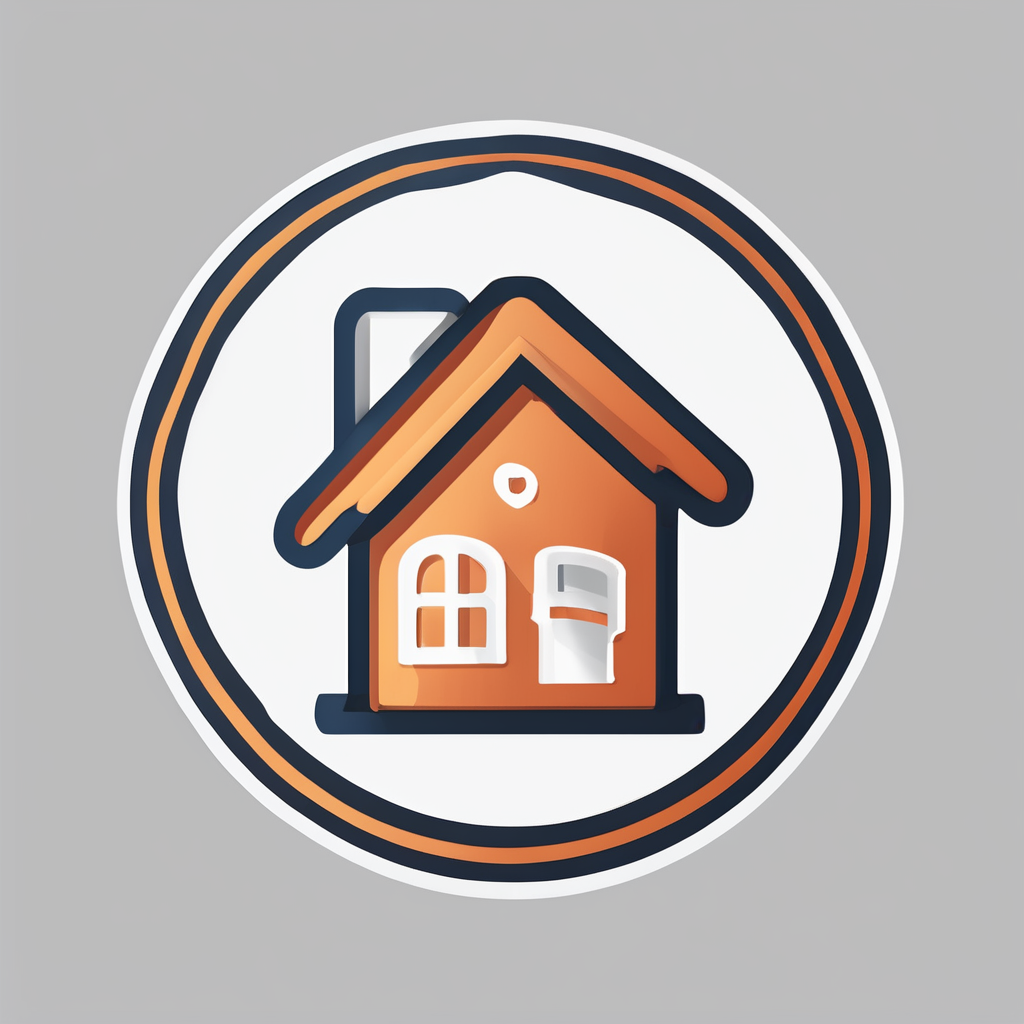Fire damage can devastate properties in Scotland's rural areas, leaving homeowners feeling overwhelmed and uncertain. Understanding property insurance claims is essential for navigating this challenging process and ensuring you receive the compensation you deserve. This guide demystifies the claims process, highlights common pitfalls, and offers practical strategies tailored to Scotland’s unique landscape. Equip yourself with the knowledge needed to tackle insurance claims confidently and restore your home effectively.
Understanding Property Insurance Claims for Fire Damage
When dealing with property insurance claims for fire damage, it's crucial to grasp the specifics of your coverage. Fire damage claims can be complex, and understanding your policy is the first step in navigating the insurance process effectively. Each policy may have different terms and conditions, so knowing the details can prevent misunderstandings and ensure you receive the compensation you're entitled to.
A lire en complément : Can Renovations Increase Your Home Insurance Costs in the UK?
Fire damage insurance typically covers the cost of repairing or replacing structures and personal belongings affected by fire. However, it's important to understand that not all policies are the same. Some might include additional coverage for smoke damage or temporary housing costs, while others might not. Familiarising yourself with these specifics can significantly impact your claim's outcome.
In the realm of property insurance, common terminology includes terms like "deductible," which is the amount you pay out of pocket before your insurance kicks in, and "exclusions," which are specific situations or items not covered by your policy. Understanding these terms can help you better navigate the insurance process and make informed decisions about your fire damage claims.
Cela peut vous intéresser : Navigating Home Loans in the UK: Expert Tips for Securing a Mortgage with Bad Credit
The Claims Process in Scotland
Navigating the claims process for fire damage in Scotland involves several key steps. Familiarity with Scotland insurance laws is essential to ensure a smooth experience. Initially, contact your insurer promptly to report the incident. This sets the process in motion and allows you to gather necessary documentation.
Understanding the timeframes and deadlines for claim submission is crucial. Typically, insurers require claims to be filed within a specific period following the incident. Missing these deadlines can jeopardise your claim, so it's vital to act swiftly.
Once your claim is submitted, an insurance adjuster will assess the damage. Their role is to evaluate the extent of the damage and determine the compensation amount. It's beneficial to be present during this assessment to clarify any concerns and provide additional information if needed.
Scotland insurance laws may influence the adjuster's evaluation, particularly regarding what is covered under your policy. Having a clear understanding of these laws can help you effectively communicate with the adjuster and advocate for a fair settlement. Remember, being informed and proactive is key to navigating the claims process successfully.
Legal Framework Governing Insurance Claims in Scotland
Understanding the Scottish insurance law is crucial when handling fire damage claims. This framework outlines both the legal rights of property owners and the responsibilities of insurers.
Under Scottish law, property owners have the right to receive fair compensation for covered losses. This includes a transparent claims process, where insurers must adhere to specific guidelines. Insurers are obligated to handle claims promptly and fairly, ensuring that all relevant information is considered.
Property owners should be aware of their responsibilities too. These include providing accurate information and maintaining their property to prevent further damage. Failure to meet these responsibilities can affect the outcome of a claim.
Moreover, insurers must clearly communicate any exclusions or limitations in the policy. This transparency helps property owners understand what is covered and avoid potential disputes. Familiarity with these legal aspects empowers property owners to advocate effectively for their rights.
In summary, the legal framework in Scotland aims to balance the interests of both parties, ensuring a fair and efficient resolution of insurance claims. Understanding these laws can significantly enhance your ability to navigate the claims process successfully.
Documenting Fire Damage Effectively
Thorough damage documentation is vital for supporting your fire damage claim. Properly documenting the damage can significantly influence the outcome of your claim, providing evidence collection that insurers require.
Start by capturing detailed evidence collection of the damage. Take clear photographs and videos of all affected areas, including structural damage, soot, and smoke stains. Ensure to capture different angles and close-ups to provide comprehensive visual evidence. This documentation helps substantiate the extent of the damage, supporting your claim.
Utilise recommended tools and resources to enhance your documentation process. A digital camera or smartphone with a high-resolution camera is essential for capturing clear images. Additionally, consider using apps or software designed for property inventory and damage assessment. These tools can help organise and store your documentation effectively, making it easily accessible for your claim.
Keep a detailed written record of the damage, noting the date and time of each entry. Include descriptions of damaged items, their approximate value, and any repair estimates. This written claim support complements your visual evidence, providing a complete picture of the damage for the insurer. By meticulously documenting fire damage, you strengthen your position in the claims process, ensuring a fair assessment and compensation.
Assessing Damage and Valuation
Thorough damage assessment is a critical step in the insurance claims process for fire damage. It involves evaluating the extent of harm to both the structure and personal belongings. This assessment helps in determining the compensation amount accurately.
Property valuation is essential to establish the worth of lost or damaged items. Begin by listing all affected items, noting their condition prior to the incident. Use receipts, appraisals, or other documentation to support your valuation. This evidence is crucial for justifying your claim to the insurer.
Engaging professional assessors can provide an objective and precise loss evaluation. These experts utilise specialised methods to assess fire damage, ensuring that all aspects are considered. They can evaluate structural integrity, smoke damage, and even potential long-term effects. Their expertise ensures a comprehensive evaluation, often leading to a more favourable claim outcome.
Consider the following when selecting a professional assessor:
- Verify their credentials and experience in fire damage assessment.
- Ensure they are familiar with local regulations and insurance requirements.
- Request a detailed report of their findings to support your claim.
By conducting a meticulous damage assessment and property valuation, you enhance the likelihood of a fair and accurate insurance settlement.
Common Challenges in Rural Areas
Rural property owners often encounter unique challenges when filing insurance claims for fire damage. The location of rural properties can significantly impact the claims process, leading to potential claim delays. One major issue is the limited access to emergency services, which can exacerbate fire damage before help arrives. This delay can complicate the assessment and valuation stages, as the extent of damage might be more severe.
Additionally, rural areas might face challenges related to rural insurance claims due to fewer local assessors and contractors available for immediate evaluation and repair work. This scarcity can prolong the process, affecting the timely resolution of claims. Moreover, rural properties often have unique structures or features, such as barns or outbuildings, which may not be standard in urban policies, adding another layer of complexity.
To overcome these obstacles, rural property owners should consider implementing proactive strategies. Maintaining a comprehensive inventory of property and valuables can expedite the valuation process. Establishing relationships with local service providers before any incident occurs can also mitigate delays. Understanding the specific terms of rural insurance claims policies and communicating effectively with insurers are crucial steps in navigating these challenges efficiently.
Expert Insights and Best Practices
Gaining insights from insurance experts can significantly enhance your fire damage claim process. Professionals in the field recommend several best practices to maximise your claim outcomes and ensure a smoother experience.
Interviews with insurance professionals highlight the importance of detailed documentation. Experts advise maintaining thorough records of all communications with your insurer, including emails and phone calls. This practice ensures clarity and accountability throughout the process.
To improve your claim's success, experts suggest being proactive in your approach. Promptly report the incident and provide all necessary documentation to your insurer. This not only speeds up the process but also demonstrates your commitment to resolving the claim efficiently.
Effective communication with insurers is crucial. Experts recommend being clear and concise in your interactions. When discussing your claim, focus on the facts and avoid emotional language. This approach helps in maintaining a professional tone and facilitates better understanding.
Claim success tips include regularly reviewing your insurance policy to stay informed about your coverage and any changes. By implementing these best practices, you can navigate the claims process more effectively, ensuring a fair and timely resolution.
Resources for Further Assistance
When navigating fire damage claims, utilising available resources can make a significant difference. In Scotland, local insurance agencies are a vital starting point. These agencies provide detailed information on policy specifics and can guide you through the claims process. It's advisable to contact them directly for personalised assistance.
For those seeking legal advice, several legal aid resources are available. These services offer guidance on the legal framework governing insurance claims, helping you understand your rights and obligations. Legal aid can be especially beneficial if you encounter disputes with your insurer or need to challenge a claim decision.
Community support networks play a crucial role in assisting fire damage victims. These networks often include local organisations and volunteer groups that provide practical support, such as temporary housing or essential supplies. Engaging with these networks can offer emotional support and practical help, easing the recovery process.
- Local insurance agencies: Contact for policy guidance.
- Legal aid: Seek for advice on insurance disputes.
- Community support networks: Access for practical and emotional assistance.
By leveraging these resources, you can navigate the complexities of fire damage claims more effectively.




